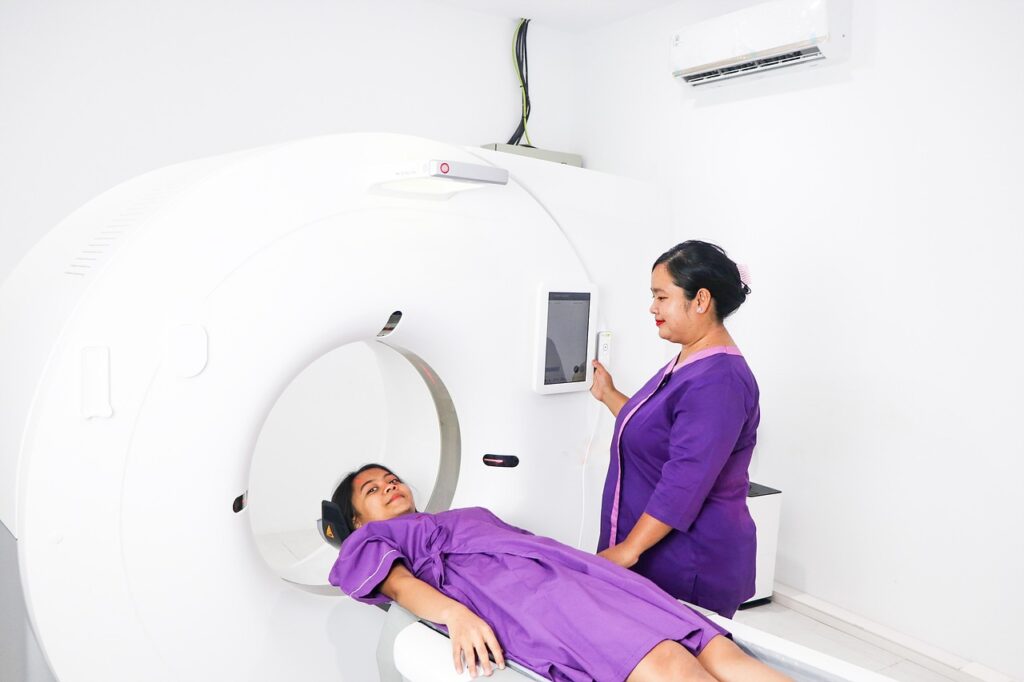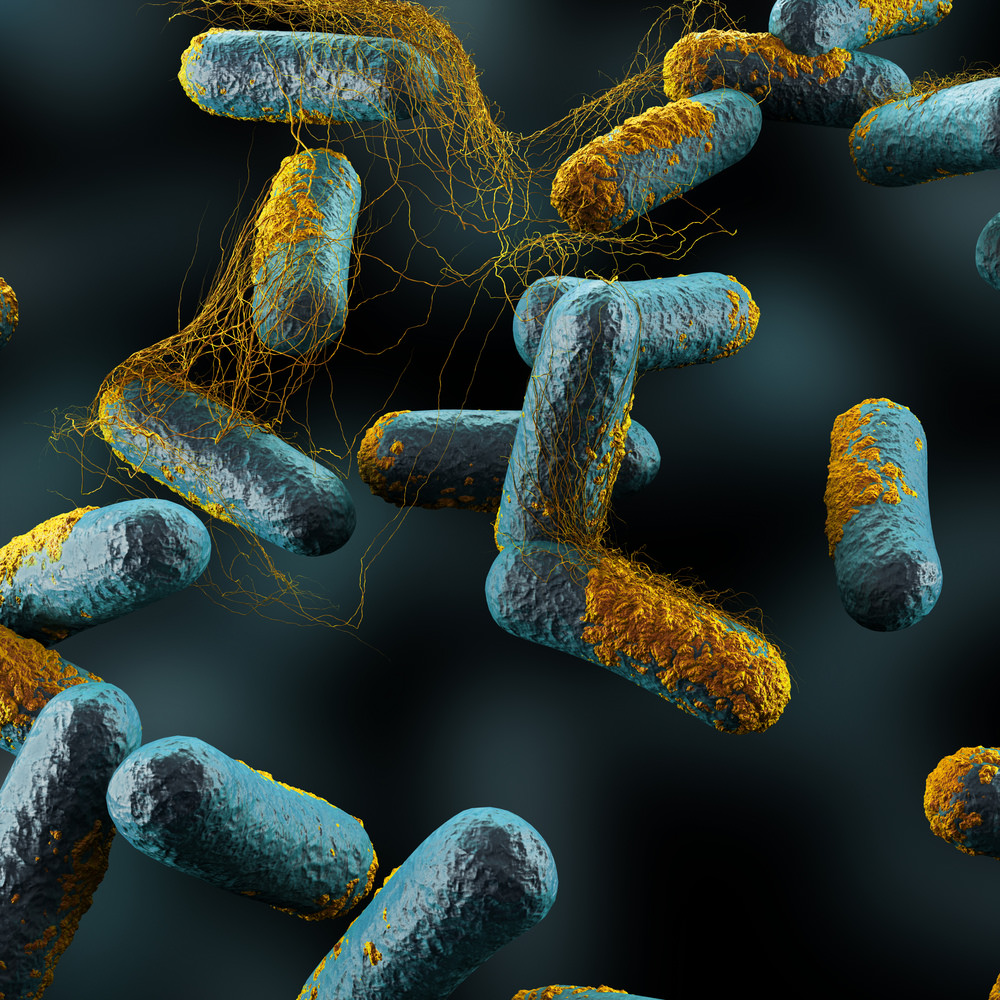Share this Page:
Immunotherapy has revolutionised the treatment of renal cell carcinoma (RCC). However, response rates to immune checkpoint inhibitors (e.g., anti-PD1/PDL1, anti-CTLA4) remain low, although for those who do respond there seems to be a durable clinical benefit. Combinations of immunotherapy drugs may prove to be more effective than immunotherapy drugs given alone.
This article describes a very promising immunotherapy drug called epacadostat. Epacadostat blocks an enzyme called IDO1, which promotes the metabolism of tryptophan, and plays a role in blocking the activation of immune T cells and inducing the death of T cells (apoptosis). It also stimulates the formation of T regulatory cells, which suppress the immune system. Epacadostat blocks the actions of the IDO1 enzyme, thus enabling T cells to attack the tumour. Studies have also shown that epacadostat works well with immune checkpoint inhibitors.
A phase 1/2 clinical trial has tested epacadostat in combination with pembrolizumab in urothelial carcinoma patients and RCC patients (ECHO-202/KEYNOTE-037). In RCC, the epacadostat plus pembrolizumab combination achieved impressive response rates of 47% for patients who had no prior treatments or 1 prior treatment. For patients who had received 2 or more prior treatments, there was no response to treatment. Fatigue and rash were the most common adverse events.
Due to the impressive response rates in the patients who had received 0 or 1 prior treatment in the phase 1/2 trial, the phase 3 KEYNOTE-679/ECHO-302 trial has been launched for previously untreated patients with metastatic RCC. The combination of epacadostat plus pembrolizumab will be compared with standard treatments, either sunitinib or pazopanib. The trial is taking place at the following UK sites:
- Royal Marsden Hospital, London
- Royal Marsden Hospital, Sutton
- Christie Hospital, Manchester
- Beatson West of Scotland Cancer Centre, Glasgow
- Western General Hospital, Edinburgh
- St Bartholomew’s Hospital, London
See the KEYNOTE-679/ECHO-302 clinical trial on our database here














